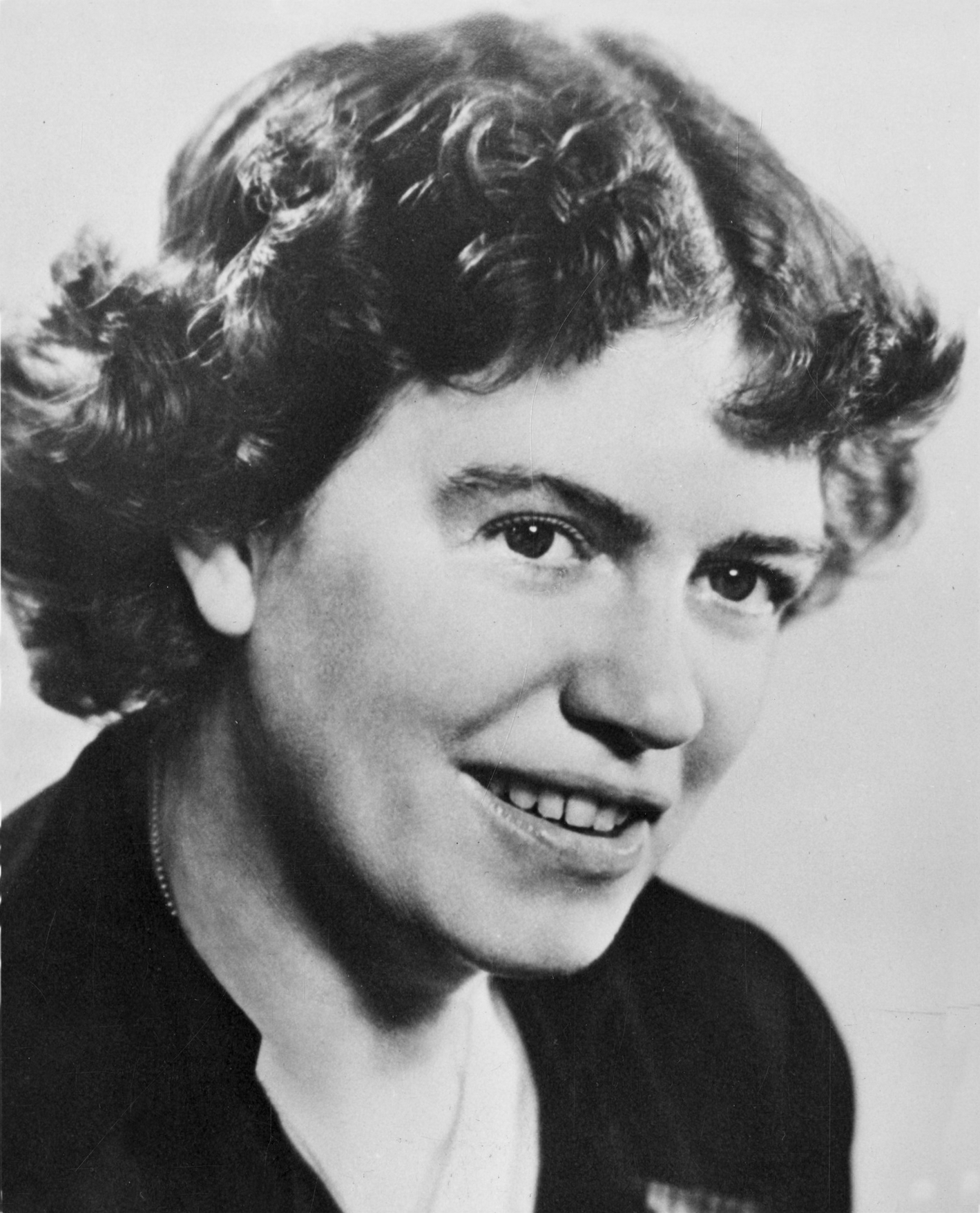Margaret Mead najznámejšie citáty
Margaret Mead: Citáty v angličtine
Zdroj: 1940s, Balinese Character (1942), p. 26
Attributed in How They Work In Indiana : Business-Education Partnerships (1994) by Andrew L. Zehner (1994), p. 3
1990s
"Are Shelters the Answer?", in The New York Times Magazine (26 November 1961), p. 125
1960s
Zdroj: 1930s, Sex and Temperament in Three Primitive Societies (1935), p. 191
Zdroj: 1960s, Continuities in Cultural Evolution (1964), p. 31-32
Zdroj: 1930s, Sex and Temperament in Three Primitive Societies (1935), p. 140
Zdroj: 1920s, Coming of Age in Samoa (1928), p. 147; Partly cited in: E. Michael Jones (1993) Degenerate Moderns: Modernity As Rationalized Sexual Misbehavior. p. 24-25
"The Energy Crisis — Why Our World Will Never Again Be the Same", in Redbook (1974); later in Progress As If Survival Mattered : A Handbook For A Conserver Society (1977) by Hugh Nash, p. 166
1970s
Zdroj: 1940s, Balinese Character (1942), p. 11
Zdroj: 1930s, Sex and Temperament in Three Primitive Societies (1935), p. 48
Zdroj: 1930s, Sex and Temperament in Three Primitive Societies (1935), p. 322
The girls' minds were perplexed by no conflicts, troubled by no philosophical queries, beset by no remote ambitions. To live as a girl with many lovers as long as possible and then to marry in one's own village, near one's own relatives, and to have many children, these were uniform and satisfying ambitions.
Zdroj: 1920s, Coming of Age in Samoa (1928), p. 107
